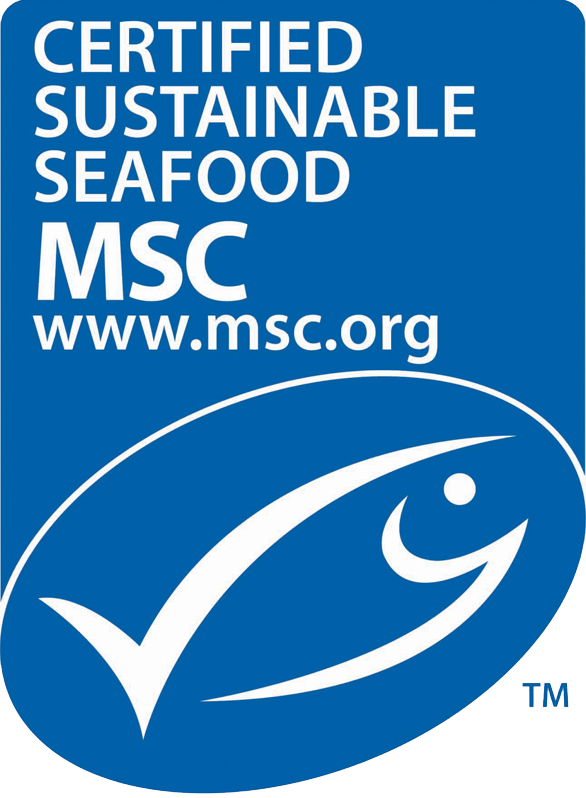Fish Market Survey for Grade 8-12 Students
Let’s Talk Science’s Fish Market Survey Action Project on CurioCity
Program 7th Phase: February to June 2020
ENGAGING CANADIAN STUDENTS IN FOOD FRAUD TESTING
Food is an extremely important part of our lives. The food we choose to consume both affects our bodies and the environment. Consumers want to make informed purchasing decisions for themselves and for the planet. Yet it is more challenging than ever before to know where our food comes from and if we are getting what we pay for.
Let's Talk Science, Curiocity, and LifeScanner and working together, with the help of Canadian high school students, to tackle this important problem through a Canada-wide market survey of fish at grocery stores.
The success of students in an increasingly complex marketplace requires a firm understanding of science, technology, engineering, and mathematics. This project aims to empower students to conduct a nation-wide study with modern DNA analysis tools.
HOW TO USE LIFESCANNER
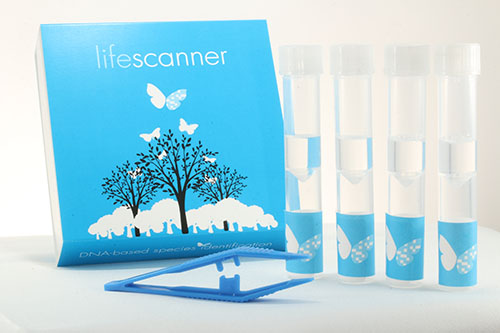
Receive and Register your Kit
Teachers should register for the program through CurioCity. Eligible teachers will be notified and receive their kit in the mail beginning March 4th, 2020. Each kit contains: 4 sampling vials with special chemicals, a pair of tweezers, and a pre-paid return package
To get started with your kit, register here. You will find the kit code number on the Kit Registration Voucher that comes with your kit. (The LifeScanner mobile app will not be used for this program)
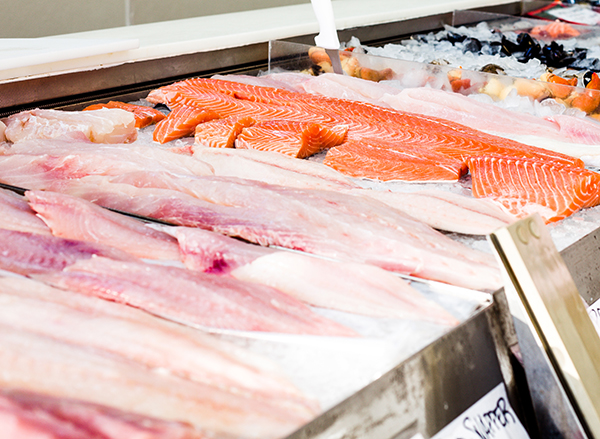
Buy fish at a local supermarket or fish market
Students will collect samples any of the following:
- Cod
- Red Snapper
- Snapper
- Swordfish
- Sockeye Salmon
- King Salmon
- Atlantic Halibut
- Pacific Halibut
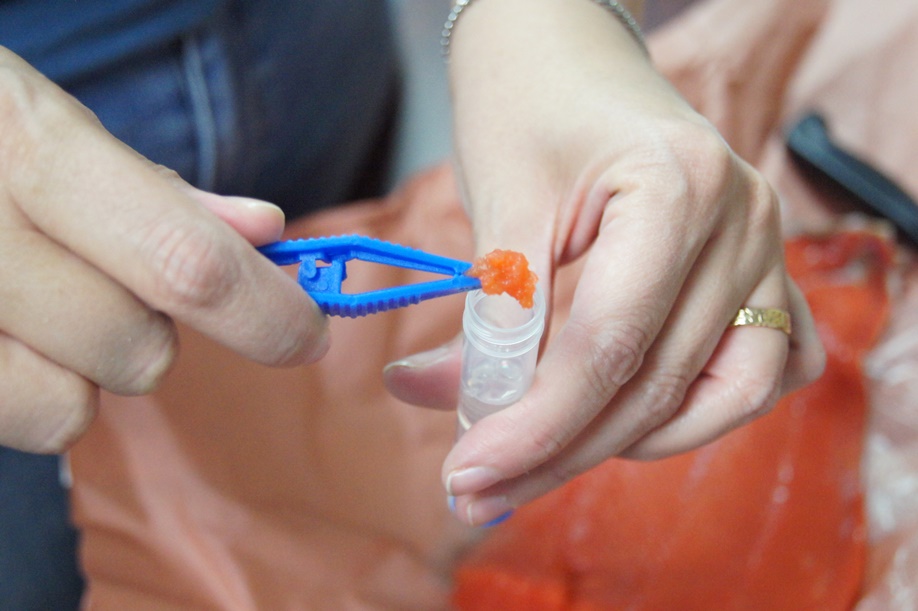
Data Collection
Use the LifeScanner site to submit the data for each vial. Fill in the fields based on the detailed instructions provided by the Let's Talk Science CurioCity program instructions.
Take pictures of your fish purchase while still in the original packaging, making sure to capture all names, labels and other information.
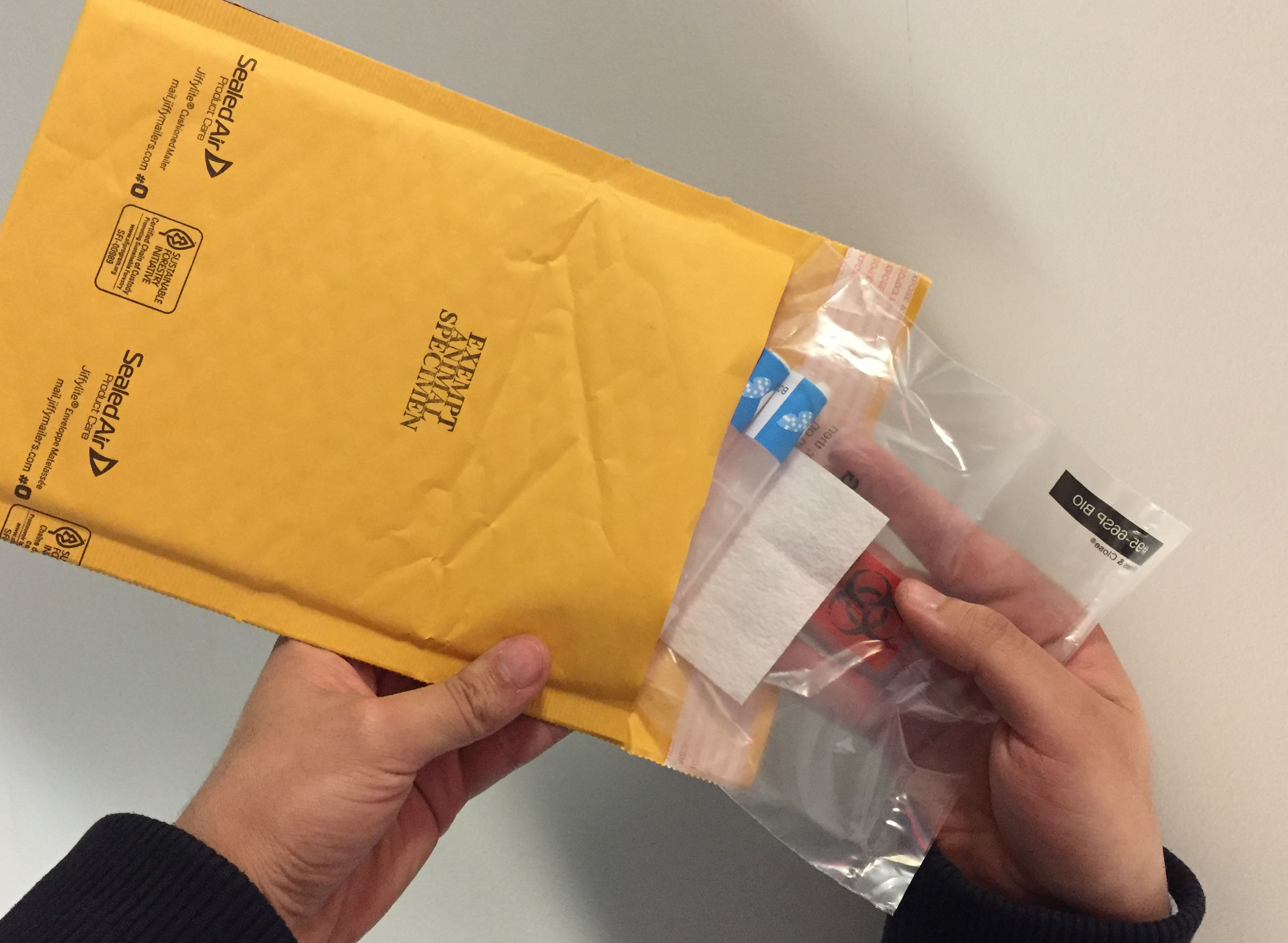
Return your kit
Use the pre-addressed, postage-paid envelope that comes with the kit to mail completed samples to LifeScanner no later than April 3, 2020. This will allow LifeScanner to process your samples in time to get results before the end of the school semester.
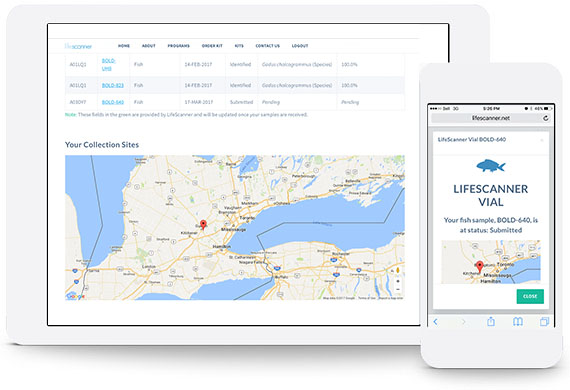
See Your Results
The results for individual samples can be viewed on the LifeScanner website. CurioCity will also provide a summary of all the results obtained during the term/semester from samples returned before the closing date. Check back here to learn about what you found.


Let’s Talk Science partners with LifeScanner, the Centre for Biodiversity Genomics at the University of Guelph and the Marine Stewardship Council (MSC) to provide free DNA sample collection kits to senior high school classes across Canada through CurioCity.
FREQUENTLY ASKED QUESTIONS
Q: I teach a number of classes, can I get more than one free kit?
A: At this point, Let’s Talk Science and project partners are only providing one free kit per educator. Additional kits can be purchased from LifeScanner and the data from those kits can be included. If you want data to be included in this project, mark the return envelope with “Let’s Talk Science Fish Market Survey.”
Q: I don’t see Sockeye or King Salmon at the grocery store, but I do see Pacific Salmon. Does that count?
A: Yes, both Sockeye and King Salmon go by the name Pacific Salmon as well as North Pacific Salmon. King Salmon is also called Chinook Salmon.
Q: Can we submit fish we caught ourselves in a local water body??
A: For this project, we would prefer that you get fish from a grocery store, as the main purpose is to determine if commercial fish are being sold under the wrong name. Additional kits can be purchased from LifeScanner to sample self-caught fish of your choice.


